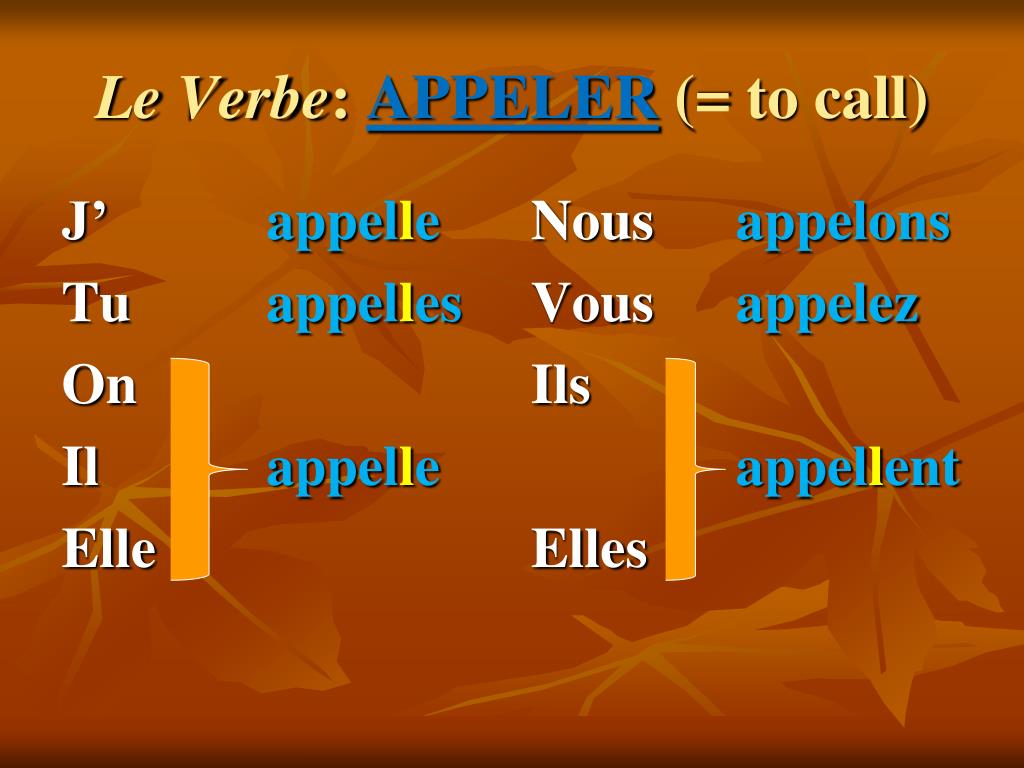

Les parents de Tex ont _ cette vie après un accident sur l'autoroute. French verbs are conjugated in four moods, four simple tenses, and in six persons. Joe-Bob _ souvent ses devoirs à la maison. Rita à son mari: '_! Je ne t'aime plus.'Ĭorey ne _ jamais de sa chambre pendant la journée. Use either the infinitive, the present tense, the imperative or the past participle. Puis il quitte l'appartement pour toujours.įill in the blank with the correct form of 'quitter', 'partir', 'sortir' or 'laisser'. Spanish Verb Conjugation Tener: It is specifically helpful to recognize the day-to-day.
#Quitter conjugation series
On the other, you have a series of present, past, and future tenses that we’ll see below. On one hand, you have the indicative, the subjunctive, and the imperative mood. Tex: I left my cigarettes in the kitchen. Estar Conjugation, In Spanish, there are three different moods and many more tenses. Tex: J' ai laissé mes cigarettes dans la cuisine. Tex leaves Tammy's apartment, but he comes back a minute later. Here is a list of possible verbs: quêter quitter quotter querir quérir quarter queuter quiller Conjugate anyway Check spelling Le Conjugueur is dedicated to French conjugation. Tex: Tammy, je pars maintenant pour la France. Quelle vie de chien!Īnd you, good-for-nothing, leave me alone! What a dog's life! Rita: The kids leave their toys everywhere.Įt toi, bon à rien, laisse-moi tranquille. Rita: Les gosses laissent leurs jouets partout. Laisser is a regular -er verb that means 'to leave something or someone behind.' To express the idea of leaving from somewhere. Sortir is usually intransitive (no object), and needs the preposition de

Son mari or la maison in the examples above. The flection is in Active and the use as Main. The verbs casser and briser also mean 'to break. First syllable mit- of mitnehmen is separable. The French verb rompre means 'to break.' Its a word youll find many uses for in French, though its not your only option. The auxiliary verb of mitnehmen is haben. Basic forms are nimmt mit, nahm mit and hat mitgenommen. Note that quitter is a transitive verb, that is, it always takes a direct object: The conjugation of the verb mitnehmen (take with, keep) is irregular. Conjugation table for quitter (to leave) in the present, pass compos, future, imperfect, conditional, subjunctive, plus-que-parfait and more. Tammy leaves the house at 8 o'clock every morning. Conjugate the French verb se quitter in all tenses: future, participle, present, indicative, subjunctive. Tammy quitte la maison à 8 heures chaque matin. Quitter is a regular -er verb that is used when 'leaving someone or someplace.' It is often followed by the preposition de.Ĭorey sort de sa chambre sans fermer la porte.Ĭorey goes out of his room without locking the door. Sortir is an irregular -ir verb that conveys the particular meaning of 'going out or to exit from an enclosed space.' Joe-Bob: I am leaving for College Station. 'leaving with the intention of going somewhere.' It is often followed by the preposition pour. Partir is an irregular -ir verb that conveys the particular meaning of This article discusses the conjugation of verbs in a number of varieties of Catalan, including Old Catalan.Each verbal form is accompanied by its phonetic transcription. On the other hand, quitter and laisser are transitive they take a direct object in a sentence. They do not take a direct object (but may be followed by a prepositional phrase). Conjugate the French verb quitter in several modes, tenses, voices, numbers, persons : indicative mode, subjunctive, imperative mood, conditional, participle form. Partir and sortir are intransitive in this context

The stem of the verb “ Voyager” is “ Voyag” Present tense in French -ER verbįrench present conjugation chart Past tense in French -ER verbįrench future conjugation chart Imperfect tense in French -ER verbįrench imperfect conjugation chart There are over 350 regular verbs in French.The verbs partir, sortir, quitter and laisserĪll mean 'to leave' in English, but they have distinguishing nuances and uses in French.Īn important distinction among these verbs is the idea of transitivity. The stem of the French verb “ Advenir” for example is “ Adven“. To create the stem of the verb you simply take off the last two letters (which will always be 1 of the 3 options listed above. je - pars tu- pars il/elle/on - part nous - partons vous - partez ils/elles - partent. To be able to conjugate you need to be able to create the stem of the verb. The Basics: What do you need to know before you can start conjugating in French? Pronouns in French: SingleĪll French verbs can only end 1 of 3 ways:


 0 kommentar(er)
0 kommentar(er)
